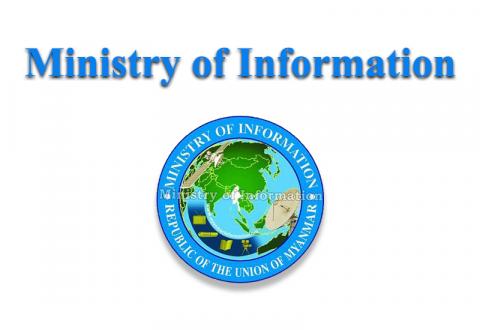Analyze information on varieties of media
I NFORMATION technology is experiencing unprecedented growth, allowing people worldwide to access global information from their homes quickly as part of the globalization process. The rapid flow of information enhances communication technology, contributing to economic, social, and other sectors, and supports the development of electronic commerce.
Information technology generally refers to the processes of sharing information, calculating, and storing data. It is fundamentally based on computer science and communication technology. In practice, information technology includes all technologies related to computer science and communication. As such, the developing world is under the control of information technology and computer science as part of its daily routine.
As digital media platforms thrive, print media is steadily declining. The number of internet users is increasing globally, making social media access essential in society. Meanwhile, e-government initiatives, e-commerce, and digital technology are advancing worldwide, further integrating digital solutions into daily life. This technological progress not only fosters connectivity but also supports global unity and a more interconnected world.
According to research surveys, there were two billion internet users worldwide in 2010, a figure that rose to 5.4 billion in 2023, accounting for 67 per cent of the global population. Scientists expect the number of internet users to reach 7.9 billion by 2029. Additionally, 5.56 billion people currently use the internet via mobile phones. Such numbers show that the number of internet users is gradually increasing year by year. For the time being, all media platforms are also booming in their respective sectors.
The digital platform is seeing a daily rise in information sharing, but not all of it is reliable. Social media, in particular, often contains incomplete or fake news and even intentionally misleading stories. Some details may align with genuine news, but personal interests, biases, unverified claims, and mixed or incorrect data influence much content. Therefore, internet users must be cautious and critically evaluate the information they encounter to determine its accuracy and applicability. This careful approach is essential to avoid being misled by false or biased content online.
It is essential to close the digital technology gap to advance global information technology. However, misinformation can have severe social impacts. Internet platforms and social media are not solely responsible for inaccuracies; instead, users should critically evaluate information from various sources, especially on social media. Internet users must approach media content thoughtfully, considering and analyzing it carefully before accepting or sharing it.
#TheGlobalNewLightOfMyanmar

